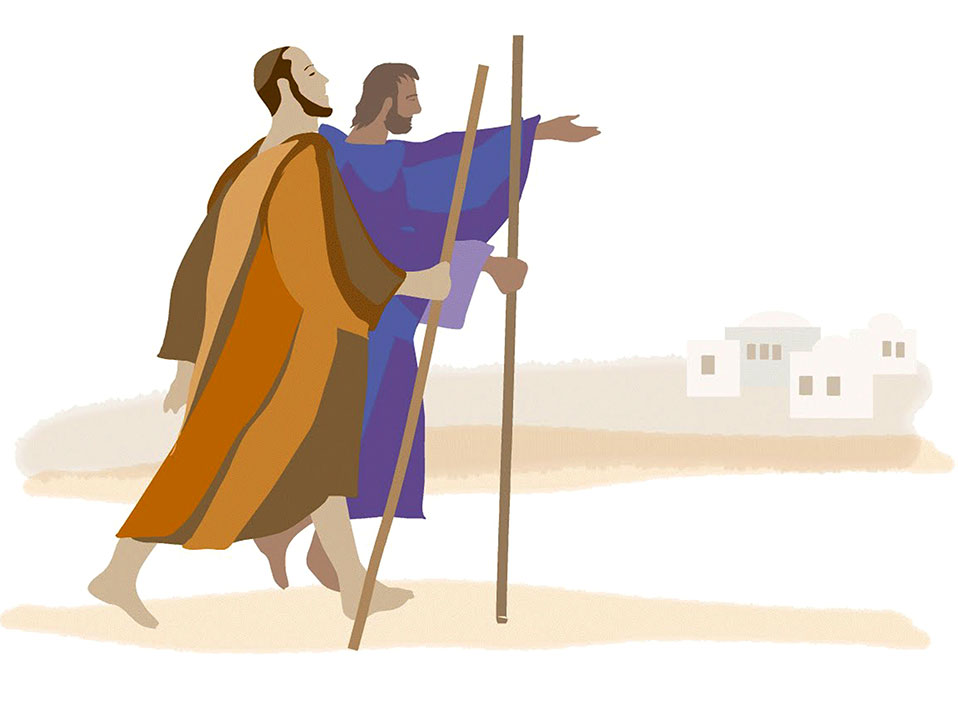Over the past thirty years, the Africa Faith and Justice Network (AFJN) has worked with many partner organizations (e.g., the Institute for Policy Studies, Action Aid, Jubilee U.S.A., and Catholic affiliated NGOs) in the Washington metropolitan area to influence the policies of the U.S. government that affect Africa. After analyzing a policy, AFJN and its partners bring elements of the policy that are seen to have negative consequences for Africa to the attention of the United States Congress and/or the State Department.
But the problems faced by Africa are not all dependent on Washington. After a review and a careful analysis of the issues that AFJN has addressed over the years, the AFJN staff concluded that, although many issues are economic and developmental, the major perennial problem confronting Africa is the problem of faulty governance. The issues addressed were the negative consequences of the extractive industries, unfair trade practices, land grabs, capital flight, corporate tax evasions, and the endemic conflicts that plague African communities. In one way or another, all of these relate to and interact with the consequences of a lack of good governance.
Africa so rich, so poor. The continent of Africa is perhaps the richest piece of land on earth, given its natural resources – rich fertile land, minerals and bio-diversity. One then wonders why do the people living in the world’s richest continent continue to be the poorest? A close examination reveals that problems relating to failure to serve the common good, to achieve equitable resource distribution, to foster citizens’ participation in the political process, to act with transparency and accountability and to create a basic level of economic justice – all have to do mainly with governance. To address the economic and social problems in Africa, first you must tackle the systemic problems inherent in governance. In effect, the economic challenges or the problems related to poverty and underdevelopment in Africa are symptomatic of something outside the strictly economic sphere.
Getting poorer. A narrow focus on the economy misses the causes of poverty and underdevelopment. Over the years, many programs, such as the structural adjustment programs (SAP), privatization, and trade liberalization that have the economy as their primary focus, have not only failed to alleviate the problems but have worsened the fortunes of many African countries, making most Africans poorer today than they were twenty or thirty years ago.
Good governance. An essential element of good governance is upholding the common good. In formulating and implementing laws and policies, political leaders must seek the good of all their citizens. Laws, policies and procedures for implementation must all be transparent, and leaders must be accountable to their people by enabling robust civil society participation in the governing process, as well as having free and fair elections in “democracies.”
Citizens must participate. Leaders must also uphold the principles of subsidiarity, that is, they must not arrogate to themselves the functions of a lower body. It is said that “all politics are local” but this is not the case in Africa. Politics in modern Africa are very often centralized in the hands of a few, i.e., a single political party, sometimes ethnically based, and/or a “president-for-life.” Five African leaders who are still in power have ruled their countries “forever” and have utilized the advantage of the presidency to suppress their opponents: Uganda (27 years), Cameroon (29 years), Zimbabwe (31 years), Angola and Equatorial Guinea (32 years). The vast majority of citizens are alienated from their governments and have no political voice. It is rare in countries where citizens have a voice and participate in governance see their leaders act with impunity. When government is not accountable to the people, the people are subject to the whims, caprices and invested interests of the leaders and their cronies. The credibility and ultimate effectiveness of governing institutions requires the active and unhindered participation of all citizens.
Aid that does not help people. When leaders are not committed to the common good, government to government foreign aid lacks transparency and often serves the interests of the donor country more than the receiving community. Adequate feasibility studies are not carried out and the local communities affected by projects are not consulted with regard to their real needs. Foreign aid of this type encourages corruption, entrenches African “strong men” and creates dependency. Foreign corporations that carry out the aid contracts often make huge profits, dodge taxes and expatriate the profits. In short, the country receiving the aid, with the exception of a handful of the “elite,” often derives little real benefit.
Collusion in land grabbing. Corrupt political elites are often in cahoots with foreign collaborators in ways that defeat the best interests of the local population. With the collusion of corrupt local officials, foreign countries, multinational corporations and even university pension funds gain control of vast tracts of fertile and watered land to grow crops for export in massive agro-business projects. The local people who were living on the land are most often driven off the land and lose their source of income, although a few may be hired as laborers at extremely low wages. The leases are obtained at ridiculously low rates per hectare. The Persian Gulf countries control 1.5 million hectares in Sudan; China controls 2.8 million hectares in the DR Congo to produce palm oil. Herakles Farms, a New York-based agricultural company leased 73,000 hectares of land in Cameroon to establish a palm oil project. Herakles began to clear high conservation value forests without the requisite permits and its operational by-laws permit it to pay workers less than the legal minimum wage in Cameroon.
Currency flight. Large-scale foreign “investment” and aid projects often result in a struggle to control the funds, setting off social instability and conflict. Those who gain control of the funds often “invest” in foreign countries the amount that they have siphoned off, both to hide the corruption and to secure a comfortable future should they fall out of power. An egregious example was President Mobutu of Zaire (now the Democratic Republic of Congo) who had enough funds and real estate secured overseas to pay Zaire’s international debts.
Non-Governmental Organizations (NGOs) that are affiliated with multinational corporations or even (clandestinely) with governments often have their own agendas and fail to adequately consult the local people. The programs that they initiate may not be sustainable nor relevant to the true needs of the local people. Foreign NGO employees often receive a very high salary in comparison with the income of local people. Their spending power often contributes to inflation and rising costs of living for the local people. In Juba, South Sudan, as well as in Goma and Bukavu in the DR Congo, the cost of living, of housing and office space has risen precipitously due to the presence of a very large number of foreign-based NGOs. In Somalia, doctors who served in community clinics were lured away to NGO-sponsored clinics that offered double the salary they had previously received. In Mukera, DR Congo multinational NGOs began to pay community leaders summoned to meetings to make up for “lost wages.” This erodes the local cultural practices related to voluntary community service; now people expect to be paid for taking part in community meetings. The influx of large amounts of cash from abroad may feed corruption, despite the best intentions of the donors.
Hope. These problems are not totally intractable. A second article will present a few more problems related to faulty governance and then look at what the churches and faith-based NGOs are doing to resolve them.
* With the author’s permission, this article, the first of two, is derived almost entirely from a presentation given by Fr. Aniedi Okure, OP, from Nigeria, who is the Executive Director of the Africa Faith and Justice Network (AFJN) in Washington, D.C..







